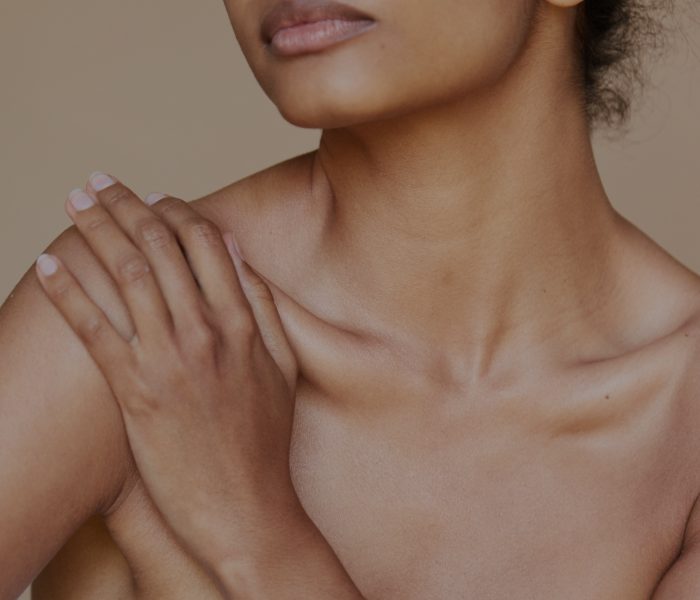

Hormones are the key regulators of our physiological processes and bodily functions, so when just one chemical is out of balance it can cause a ripple effect of issues - from how you feel day-to-day, to poor sleep, to low energy levels, and even low libido.
Libido is a person's desire for sex, and is influenced by a variety of factors including learned behaviors, hormones, and brain function. Age, medications, fluctuating hormone levels, and illness can all affect a person's libido. Both men and women alike will commonly experience a hormone-related decline in sex drive between the ages of 40-55, but younger adults can experience a similar lack in sexual vitality as well. Lifestyle choices, social factors and psychological influences may disrupt the body’s hormones at any stage of life.
There are three specific hormones which play a major role in libido for both men and women: estrogen, progesterone, and testosterone. In men, testosterone levels peak at about age 25 and then slowly decline. The brain contains the most testosterone receptors in the body, and sexual desire is a result of testosterone stimulating nerve endings in the brain. Low testosterone causes understimulation, resulting in decreased sexual desire.
The seemingly male-only hormone, testosterone is surprisingly just as important to women’s libido as it is men’s, influencing interest, arousal and sexual response. Similarly, elevated levels of estrogen in the body promotes vaginal lubrication and increases sexual desire, whereas increase progesterone levels can reduce sexual desire.
When women age, the body naturally slows down progesterone and estrogen production causing an imbalance. The push-and-pull relationships between our hormones is commonly brought on naturally during the menopause, postmenopausal, and even post-partum stages, however the effect can also be triggered by lifestyle factors like excessive stress.
Stress takes a contradictory stance on the nervous system’s estrogen production than that of aging, by spiking cortisol levels and blocking progesterone receptors. When progesterone is blocked, estrogen dominance takes over, leading to a dramatic drop in testosterone. As a result, anything which lowers testosterone, including too much estrogen, might lead to a lack of libido.
So how do you know if you have low libido? First and foremost, recognize that libido varies from person to person and there is no normal level that should be used as a benchmark. However, it is important to be self-aware of what’s typical for your own usual sex drive, and talk to a healthcare professional when experiencing dramatic shifts from that norm.
Low libido can often cause tension in the bedroom, but it’s essential for couples to communicate honestly with each other while identifying possible causes. If you or your partner do experience problems with sexual function over time, there are treatments that can help you stay sexually active, well into your later years.
Hormone optimization therapy, or bioidentical hormone replacement, is designed to reverse the negative effects of hormone imbalances in both men and women. In women, hormone optimization therapy consists of supplementation with progesterone or testosterone, while men can receive testosterone replacement. The science behind this life-altering medication is a chemical and molecular structure that exactly mimics the natural hormones produced by the body.
A healthy sex life is part of your overall well-being. You don’t have to resign yourself to symptoms of hormone imbalance. Schedule a Hormone Health Consultation and get the answers you need to feel and perform at your best.


.avif)

.avif)
.avif)